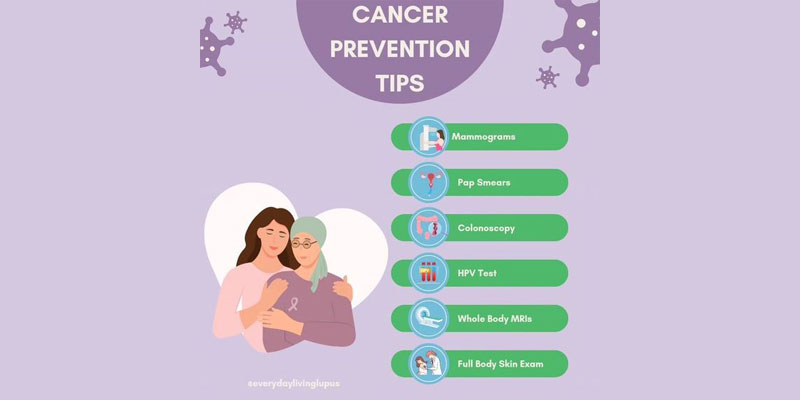Regular cancer screenings can help detect cancer early before symptoms appear. This article provides an overview of recommended cancer screenings for various age groups, such as mammograms for breast cancer, Pap smears for cervical cancer, colonoscopies for colorectal cancer, and PSA tests for prostate cancer. It emphasizes the importance of adhering to screening schedules and discusses how screenings can save lives.
Introduction: Screenings are a powerful tool in the fight against cancer. They can detect cancers at an early stage when treatment is more likely to be successful.
Recommended Screenings:
Mammograms: Starting at age 40-50, depending on risk factors, and continuing every 1-2 years.
Pap Smears and HPV Testing: Beginning at age 21 and continuing every 3-5 years, based on age and health history.
Colonoscopy: Starting at age 50 (or earlier for those with a family history), and repeated every 10 years.
PSA Tests: For prostate cancer, typically recommended for men over 50 or earlier for those at high risk.
Benefits of Regular Screenings:
- Early Detection: Identifying cancer before symptoms develop, leading to easier and more effective treatment.
- Better Outcomes: Increased survival rates and reduced cancer-related mortality.
- Peace of Mind: Regular check-ups can provide reassurance and help maintain overall health.
Call to Action: Urge readers to talk to their healthcare providers about their screening schedules and to stay up-to-date with their appointments. Highlight that taking proactive steps can significantly improve their chances of early detection and successful treatment.

